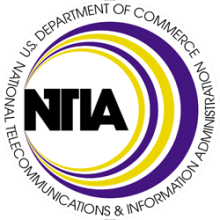By
on

One of the dangers of federal programs like the broadband stimulus programs BTOP and BIP is that the feds make the rules... and sometimes they just change the rules.
I previously wrote about how the BTOP rules privileged private companies over the public sector (despite Congress' clear intent to prioritize the public sector). As this article notes, NTIA effectively changed those rules along the way -- resulting in what might technically be termed "screwing over" a variety of applicants.
Though the Round 1 rules encouraged applicants to apply for last-mile funds, the vast majority of awards went to middle mile applications. In fact, while in Lafayette, we tried to name more than 5 last-mile grants. Why the change in focus? The most likely reason seems to be opposition from powerful, well connected incumbent companies that did not want to deal with the hassle of competition in small parts of their territories.
So NTIA quietly chose to award funds to less controversial projects. The problem is that the hundreds of applicants poured money and resources into proposals for last-mile projects that they believed would be considered in good faith.
We never miss an opportunity to note that whoever owns the network makes the rules. Well, whoever disburses the funds, makes the rules (and in this case, quietly changes the rules). And in DC, corporate interests all have a seat at the table. When one goes begging to DC for funds, one should not be surprised at the many hoops and frustrations of that process.
Not only are communities better off owning their infrastructure - they are generally better off when they take responsibility for financing the network and do not depend on free money (whether from the private sector or DC). Communities have financed networks with a variety of means -- from a loan from a local bank to bonds (taxable, nontaxable, general obligation, revenue, etc) to slowly expanding networks over a longer period of time.
TANSTAAFL - There Ain't No Such Thing as a Free Lunch - Robert A. Heinlein






